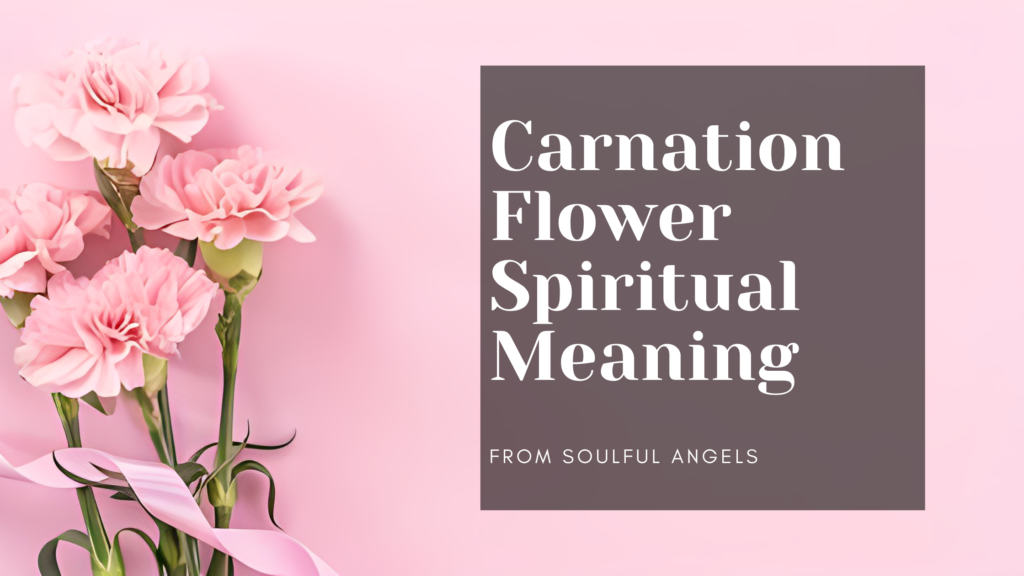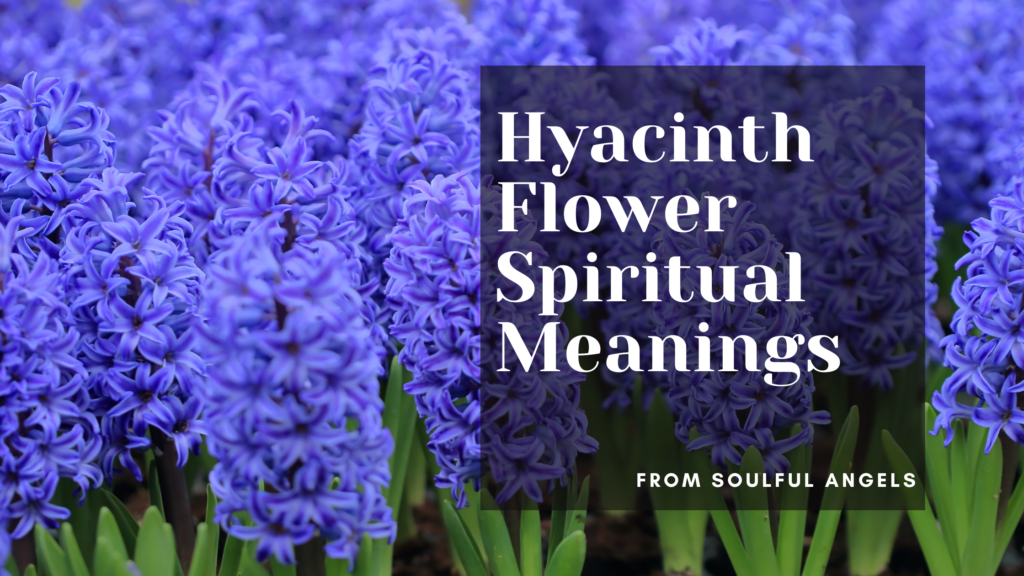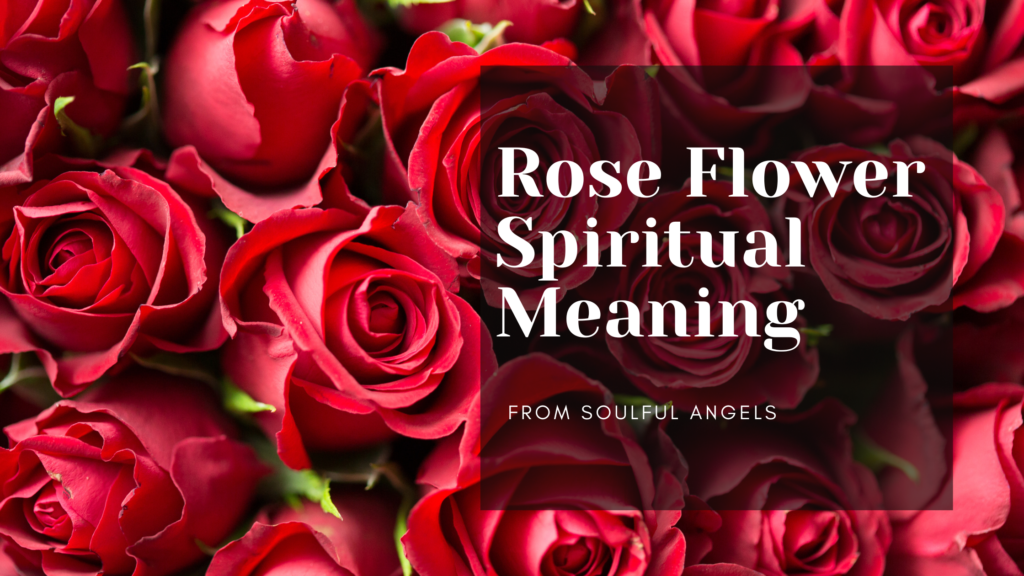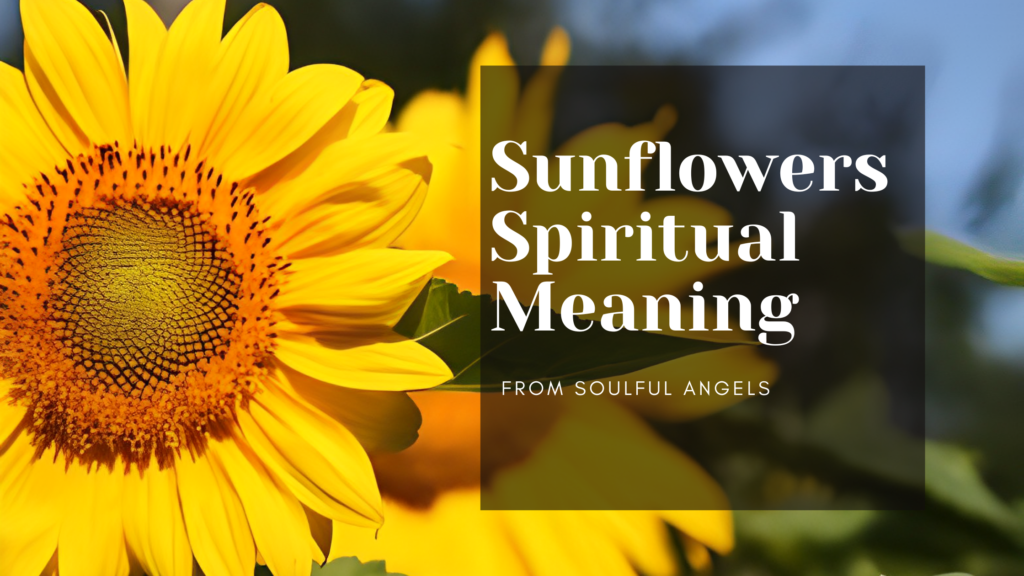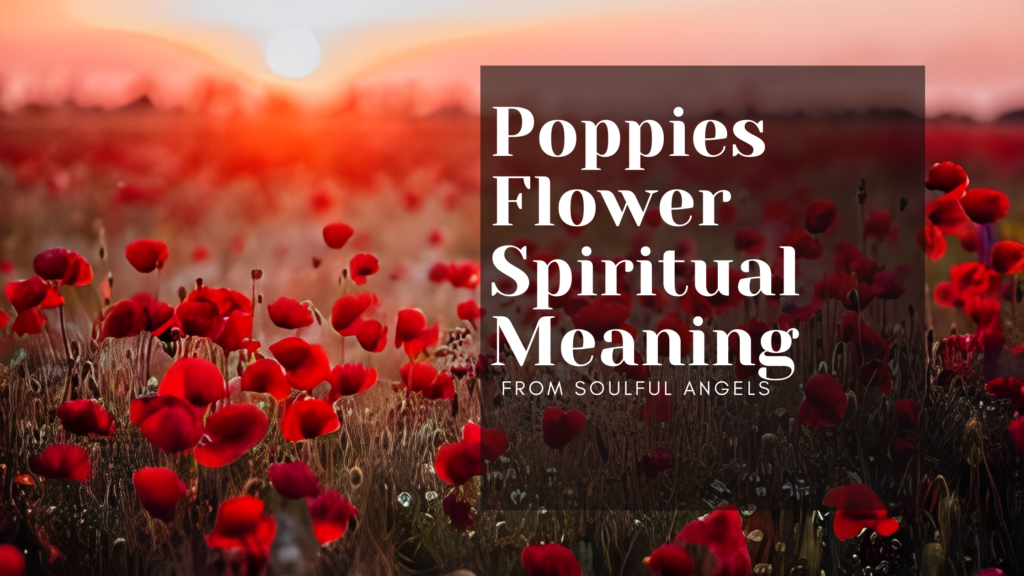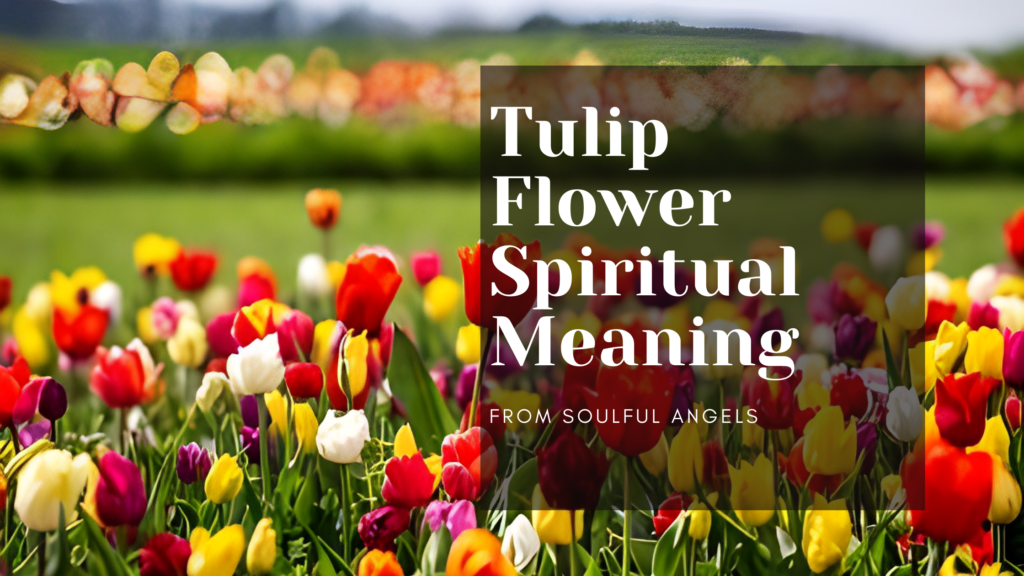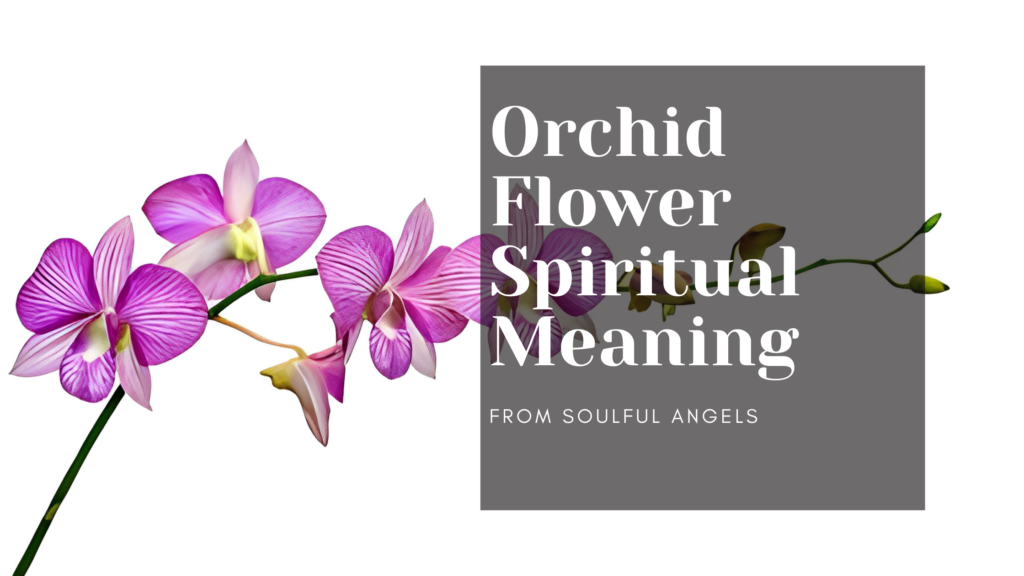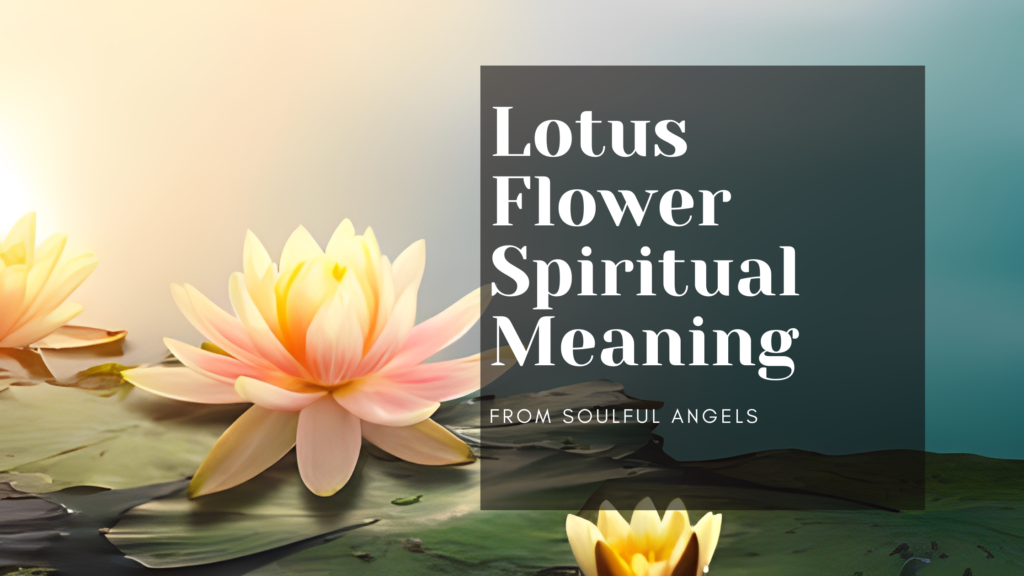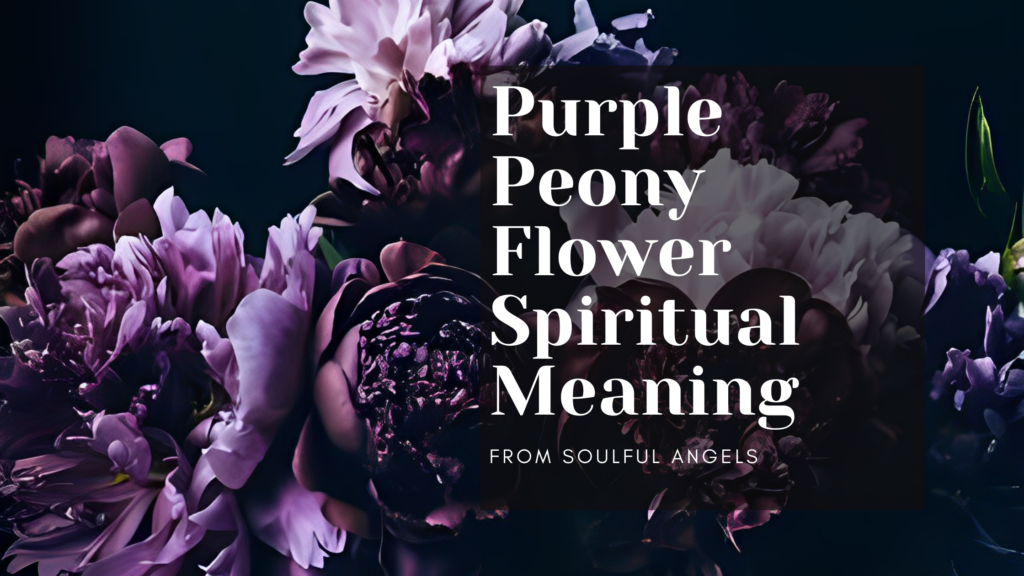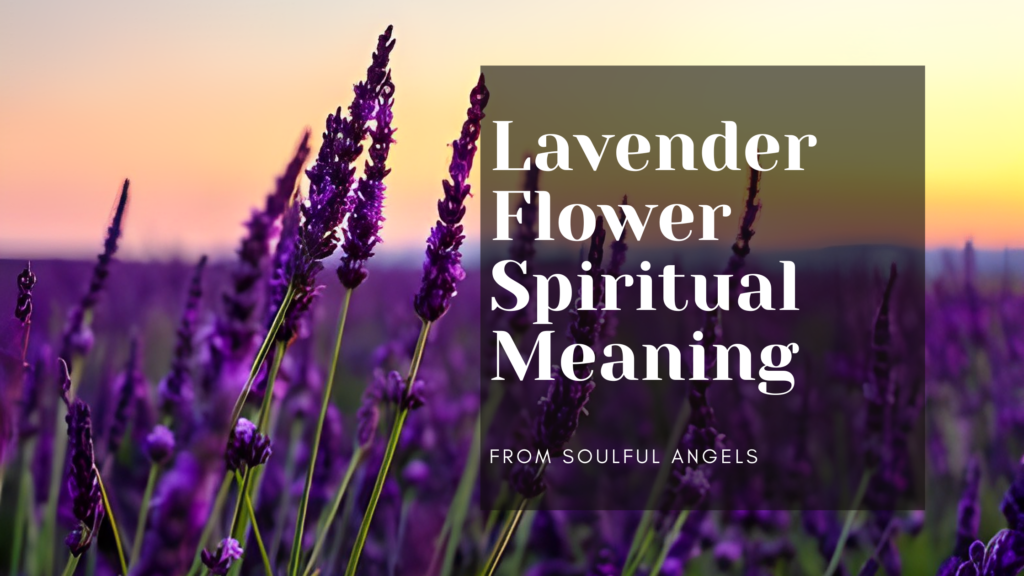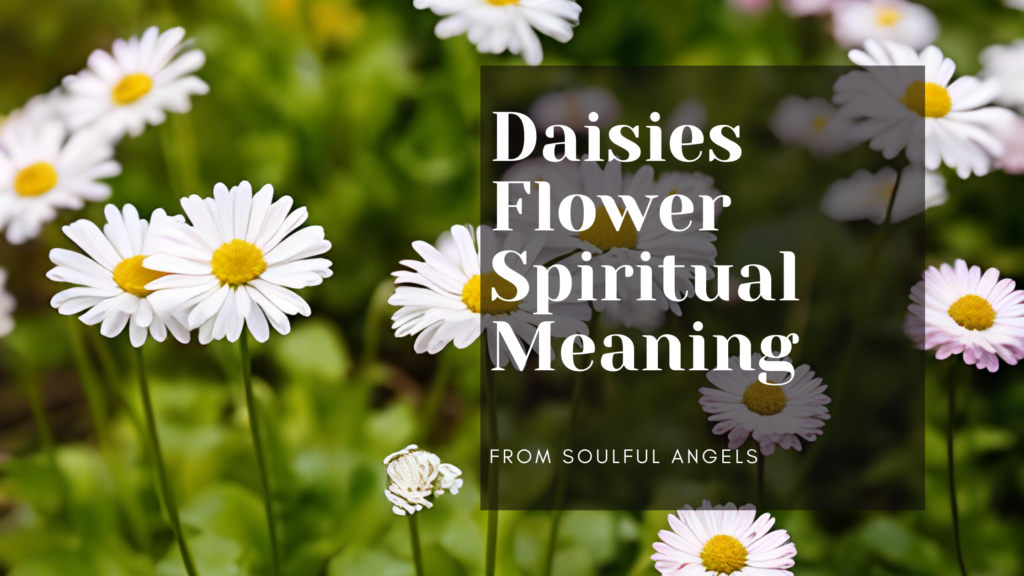Carnation flowers, scientifically known as Dianthus Caryophyllus, are a diverse group of flowers that belong to the Dianthus family. These beautiful blooms have captured the hearts of people worldwide, particularly florists who appreciate the wide range of colors they offer. While commonly cultivated in Europe and Asia, carnations serve various purposes, from decorative to cosmetic. In this article, we will take you on a journey through the captivating world of carnation flowers, exploring their symbolism, cultural significance, colors, etymology, and much more.
The Allure of Carnations
Carnations may be common, but they are anything but dull. These remarkable flowers are abundant, vibrant, and steeped in history. Let’s delve into the fascinating realm of carnations to uncover their symbolic meanings, cultural importance, facts, and uses.
What Does the Carnation Flower Mean?
Carnations go beyond being mere bouquet staples; they hold deep and diverse meanings. Since the 1980s, these flowers have been exchanged worldwide as symbols of love, honor, and devotion. However, their significance extends far beyond these emotions. Here are some common meanings associated with carnation flowers:
- Strength
- Love
- Protection
- Healing
- Fascination
- Grief
- Loss
Etymological Meaning of the Carnation Flower
The term “carnation” is the common name for the Dianthus Caryophyllus, a flowering plant native to Europe. Carnations have been cultivated for their beauty and fragrant scent since ancient times. The origins of the word “carnation” have several theories. It might have evolved from the word “coronation” or could be linked to its pink color, stemming from the 15th-century French term “carnation,” meaning “a person’s color or complexion.” This word’s roots trace back to Latin and Italian, with “carnagione” in Italian meaning “flesh color” and “carnationem” in Late Latin meaning “fleshiness.” In English, it had two separate meanings, referring to the “color of human flesh” in the 1500s and describing the “representation of the flesh, nude, or undraped parts of a figure” in the 1700s.
Symbolism of the Carnation Flower
Carnations, cultivated for millennia, have amassed a wide array of symbolic meanings, which may vary across different cultures. Nevertheless, a few common symbols associated with carnations include:
Fascination
Carnations are captivating with their diverse colors and beautifully formed petals. These flowers have been featured in paintings and poems for centuries, making them a symbol of admiration and fascination.
Devotion and Love
Since the Renaissance, carnations have symbolized devotion and divine love. Renowned artists like Rembrandt and Hans Memling incorporated carnations into their works, particularly in paintings of Madonna and Child.
Distinction
Carnations possess a distinctive shape with radial symmetry, setting them apart from common flowers. Their uniqueness makes them a symbol of distinction and individuality, making them an excellent gift for someone with a quirky, lovable personality.
Carnation Flower Color Meanings
As with many flowers, the color of carnations conveys distinct meanings. Let’s explore the significance of some common carnation colors: Know more about spirituality on soulful angels.
Purple
Purple carnations represent capriciousness and can be an ideal choice to symbolize someone impulsive and unpredictable. Purple is also associated with royalty and nobility, making it suitable for attracting abundance into one’s life.
Pink
Light or baby pink carnations symbolize motherly love and gratitude, perfect for expressing affection for a mother figure. Dark pink carnations represent tenderness and fondness, making them a suitable token of affection for anyone special in your life.
White
White carnations signify purity, good luck, and sympathy. They are versatile and can be used for various occasions, both as gifts and as decorative elements.
Yellow
Yellow carnations, despite their joyous color, are associated with disappointment and rejection. They can be sent as a gesture of sympathy or apology.
Light Red
Light red carnations symbolize a more subtle form of love, making them a great choice for expressing admiration and affection.
Dark Red
Dark red carnations are steeped in associations with profound, passionate love, making them an excellent choice for expressing deep emotions.
Meaningful Botanical Characteristics of the Carnation Flower
Carnations, known as Dianthus, also go by names like the Peruvian lily, Ulster Mary, or Inca lily. They belong to the Caryophyllaceae family and are available throughout the year. These versatile and abundant flowers, with a vase life of approximately 14 days, are often combined with other flowers like sunflowers, lilies, or large-headed roses to create stunning bouquets for various occasions. Carnations typically begin to bloom in May and can continue blooming into the summer, depending on the species and location. These flowers, with their unique appearance, have a rich history dating back to the Romans and ancient Greeks, who used them in decor and artwork. They also hold significance in Christianity.
Special Occasions for Carnation Flowers
Carnations are ideal for various gifting occasions. Let’s explore some common events where carnations can make meaningful and cherished gifts:
Mother’s Day
Carnations are strongly associated with motherly love and affection. They are a wonderful choice for expressing gratitude to your mother or a motherly figure.
January Birthdays
Carnations are the official flower for the month of January. If someone you know has a birthday in January, consider gifting them a beautiful display of carnations to celebrate their special day.
Sympathy
Despite their positive associations, carnations are also linked to grief and loss. They are commonly offered as condolences during times of mourning and loss. Gifting a bouquet of carnations adds a personal touch to your expression of sympathy.
Anniversary or Wedding
Carnations symbolize love and passion. For weddings and anniversaries, they offer an alternative to the traditional rose, with dark red carnations representing profound romantic love.
Carnation Flower Cultural Significance
Carnation meanings vary across cultures. Let’s explore some of the most profound cultural interpretations of carnations:
Christianity
In Christianity, carnations are associated with Mary, Jesus, and motherly love. According to Christian legend, carnations sprouted from Mary’s tears as she watched Jesus being carried to the cross.
Ancient Greece
Carnations were sometimes called the “Flowers of God” due to the meaning of their scientific name, Dianthus. In Greek, “Dios” means “Zeus,” and “Anthos” means “flower.”
France
In France, purple carnations are traditionally used as funeral flowers to convey condolences to those who have lost loved ones.
“Carnation Day” in the Netherlands
June 29, 1940, became known as “Carnation Day” or “Anjerdag” in the Netherlands. On this day, the Dutch people used white carnations as a symbol of resistance against their German occupiers.
Carnation Flower Facts
Let’s uncover some intriguing facts about carnation flowers:
- Carnations are known as the “Flower of the Gods” due to their intoxicating fragrance.
- They have been cultivated for over 2,000 years, making them one of the oldest cultivated flowers.
- Carnations are among the world’s top-selling flowers, favored for their longevity and fragrance.
- In some countries, carnations are given on Mother’s Day, like in the United States, while in others, they are gifted on International Women’s Day, like in Russia.
Carnation Flower Uses
Carnations are versatile flowers used in various ways, ranging from bouquets and arrangements to essential oils and cosmetic products:
Floral Arrangements
Carnations are widely used in flower arrangements for weddings, centerpieces, and decorative displays. Their sturdy stems and vibrant colors make them a favorite among florists.
Perfumes and Cosmetics
Carnation essential oil is extracted from the petals and is used in perfumes, soaps, and skincare products. Its rich, sweet fragrance adds a touch of luxury to these products.
Culinary Use
Carnation petals are edible and are used to garnish salads, desserts, and cocktails. Their subtle, clove-like flavor can add a unique touch to culinary creations.
Conclusion
In conclusion, carnations are a versatile and beloved flower with deep symbolism, cultural significance, and various uses. Their vivid colors and rich history make them a cherished choice for a wide range of occasions. Whether you’re celebrating love, expressing sympathy, or simply adding beauty to your surroundings, carnations offer an enchanting way to convey your sentiments and brighten your day.
Also Read:
- Aquamarine Stone Spiritual Meaning
- Lapis Lazuli Stone Spiritual Meaning
- Jade Crystal Stone Spiritual Meaning
- Sunstone Crystal Spiritual Meaning
- Tigers Eye Stone Spiritual Meaning
- Obsidian Stone Spiritual Meaning
- Pyrite Stone Spiritual Meaning
- Bloodstone Spiritual Meaning
- Moss Agate Spiritual Meaning
- Amethyst Crystals Spiritual Meaning
- Koala Symbolism and Spiritual Meaning
- Rose Flower Spiritual Meaning
- Angel Number 222 Meaning
- Angel Number 444 Meaning
- Elephant Symbolism and Spiritual Meaning
- Angel Number 344 Meaning
- Angel Number 737 Meaning
- Angel Number 333 Meaning
- Dreaming About Time Loop
- Angel Number 919 Meaning
- Malachite Stone Spiritual Meaning
- Dreaming About Swimming
- Hyacinth Flowers Spiritual Meaning
- Horse Symbolism and Spiritual Meaning
- Ocean Jasper Stone Spiritual Meaning
- Dreaming About Being a Teacher
- Angel Number 365 Meaning
- Angel Number 777 Meaning
- Blue Colors Spiritual Meaning
Explore these Topics to discover the spiritual meanings behind each of these topics.

